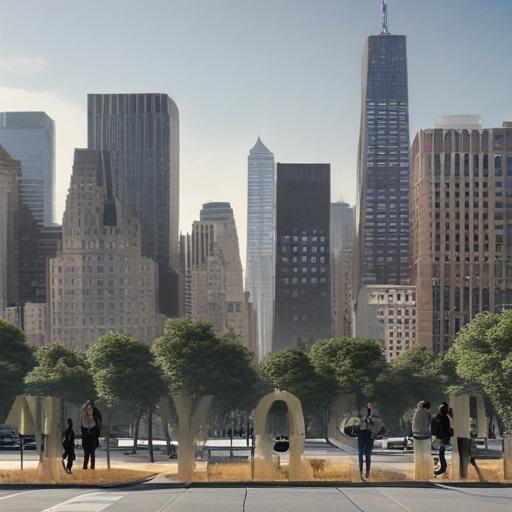As the New York City mayoral primary approaches in just seven weeks, former Governor Andrew Cuomo is leading the Democratic primary race with significant support. According to a recent Siena College poll, Cuomo commands 34 percent of registered Democrats, approximately 20 points ahead of his closest rival, Assemblyman Zohran Mamdani. The candidates are now increasingly focused on the critical issue of affordable housing, which has become a pivotal topic in the campaign.
Cuomo, who previously served as Secretary of Housing and Urban Development, emphasizes his experience in tackling housing issues. However, his opponents are challenging his record, citing an increase in homelessness and a perceived lack of effective action during his tenure. Brooklyn State Senator Zellnor Myrie and City Comptroller Brad Lander have been vocal in criticizing Cuomo’s past handling of affordable housing, arguing that he has contributed more to the problem than to the solution.
As candidates submit their housing proposals, Myrie stands out with a promise to build one million units over the next decade, while other candidates, including Lander and Mayor Eric Adams, have also set ambitious goals, reflecting a competitive campaign environment reminiscent of the 2013 primary. In that election, candidates vied to pledge the most affordable housing units, with Bill de Blasio ultimately winning by committing to 200,000 units.
Cuomo’s proposal includes building or preserving 500,000 housing units over the next ten years through a joint capital fund, while many of his opponents are advocating for rent freezes on the city’s nearly one million stabilized units. The growing concern over rising rent prices is underscored by statistics showing rents have escalated by 25 percent since the Great Recession, compared to a mere 17 percent increase in income.
Challenges lie ahead for any candidate who aims to effect change; New York City is the most expensive place to build in America, which complicates efforts to increase housing stock. Moreover, the New York City Housing Authority faces a substantial funding gap of $78.3 billion in necessary repairs and upgrades over the next two decades.
Once again, candidates’ promises will be tested against a backdrop of a significant housing crisis. With various proposals on the table, voters will need to determine who genuinely understands and can effectively address the complexities of New York’s affordable housing challenges. New Yorkers are reminded that solving the current housing crisis will require more than just campaign rhetoric; tangible, actionable solutions are essential for the city’s future.
In this high-stakes environment, it is vital for both candidates and voters to remain grounded in the realities of New York City’s housing landscape, ensuring that any plans proposed are not only ambitious but also achievable within the necessary time frame.
